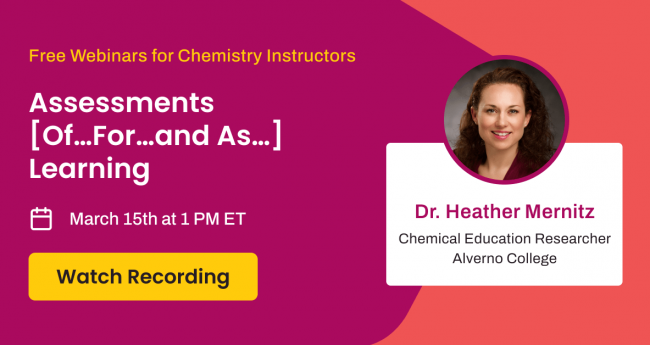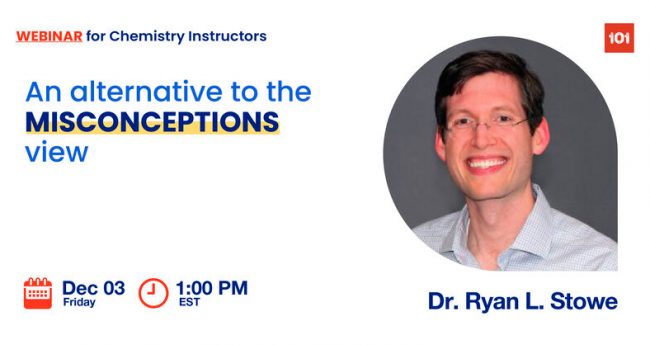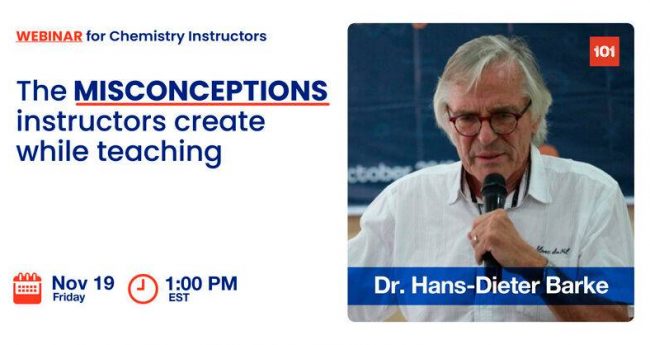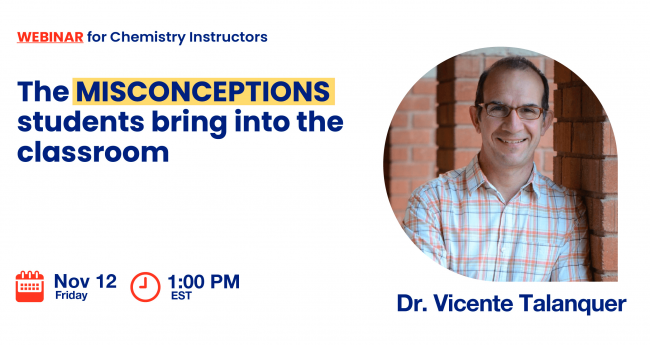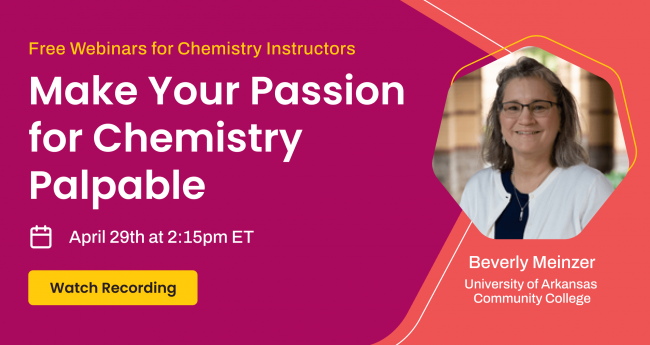
Making Your Classroom a Joyful Learning Environment
Following up on her recent ACS presentation, Beverly Meinzer shares her journey from lecture-driven to student-centered, explaining the specific ways she has adjusted her approach to engage students. Shifts include recognizing students’ needs for more affordable course materials, positive reinforcement for their efforts, mobile-friendly tech for in-class problem-solving, and empathy for the challenges they face outside the classroom.

